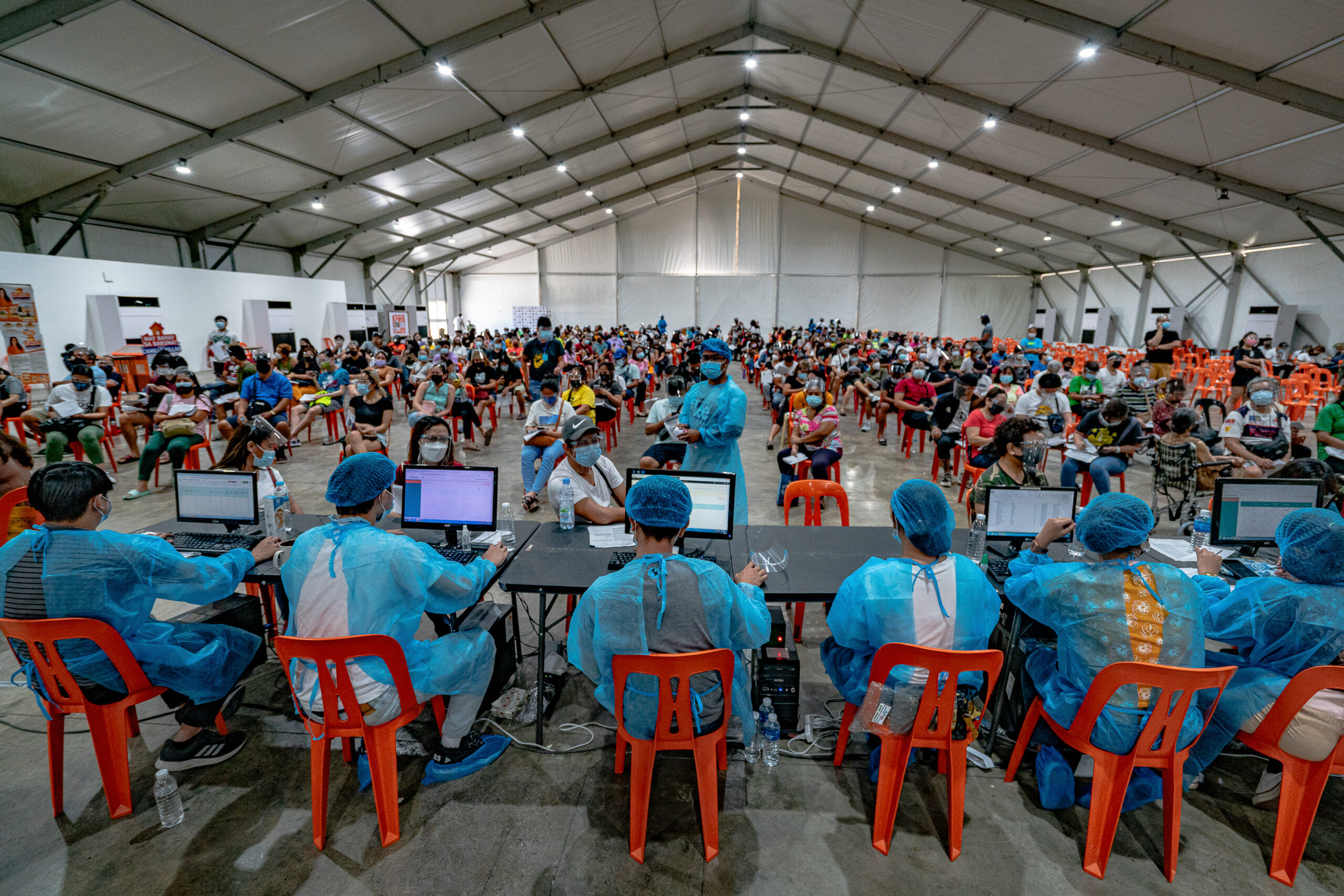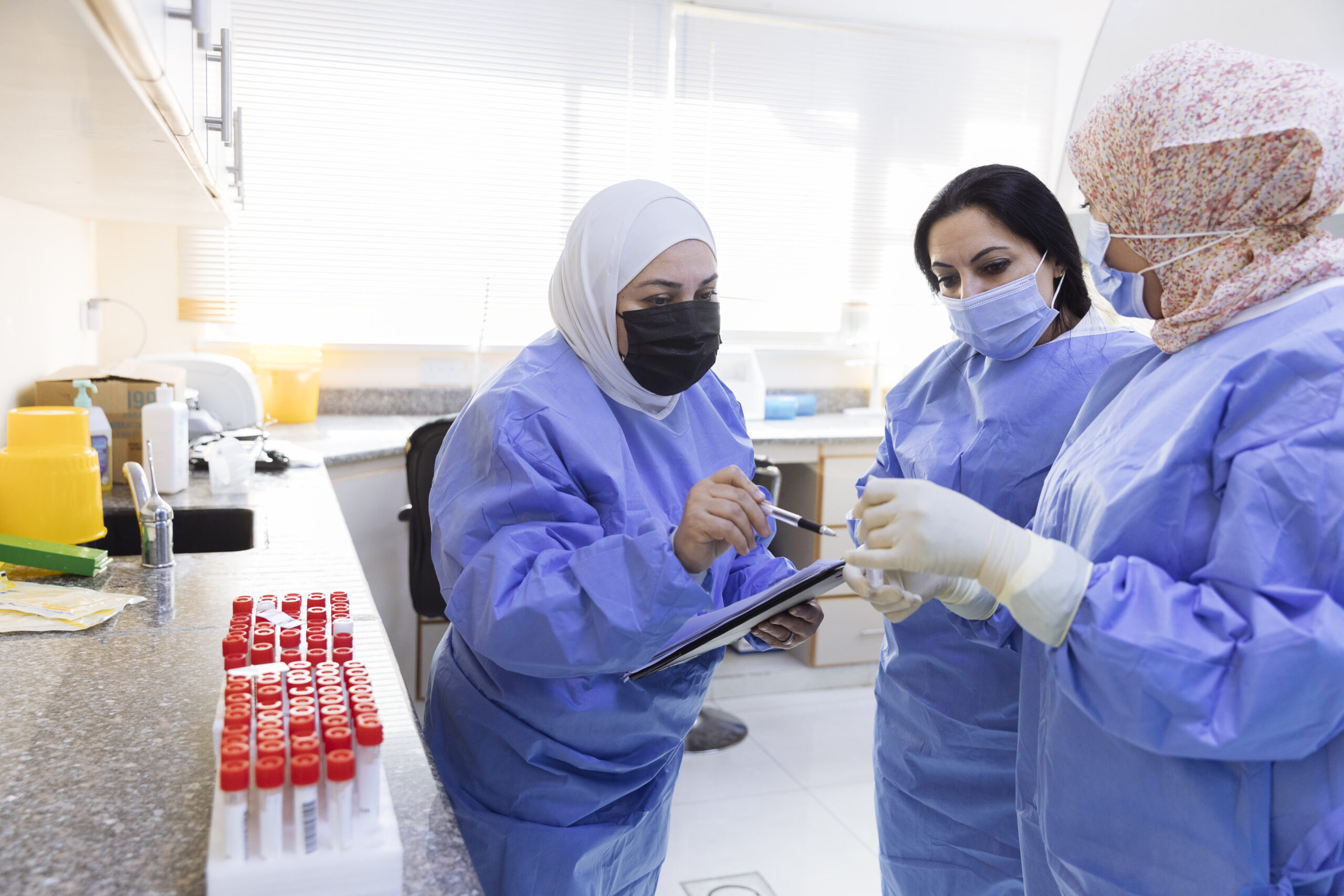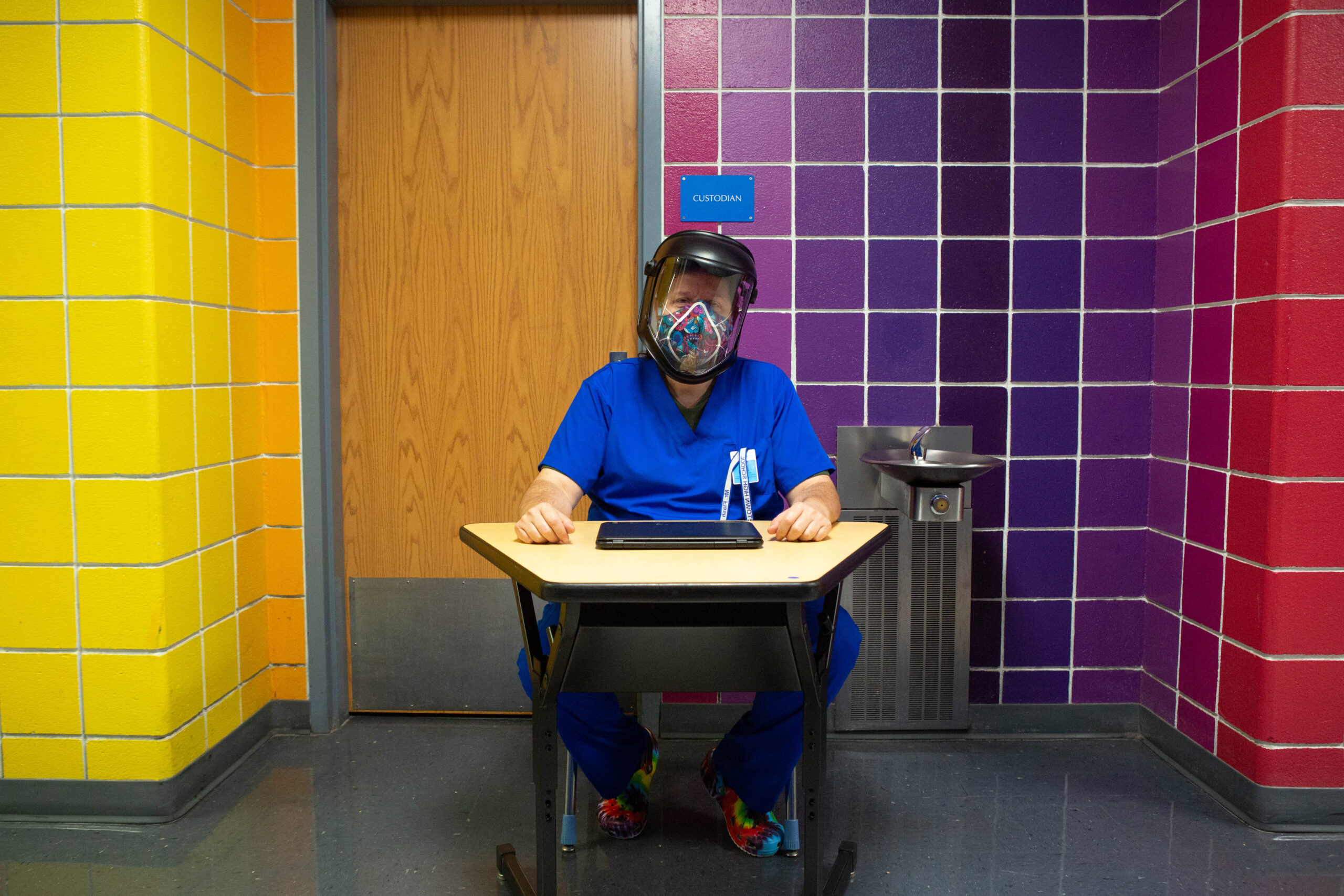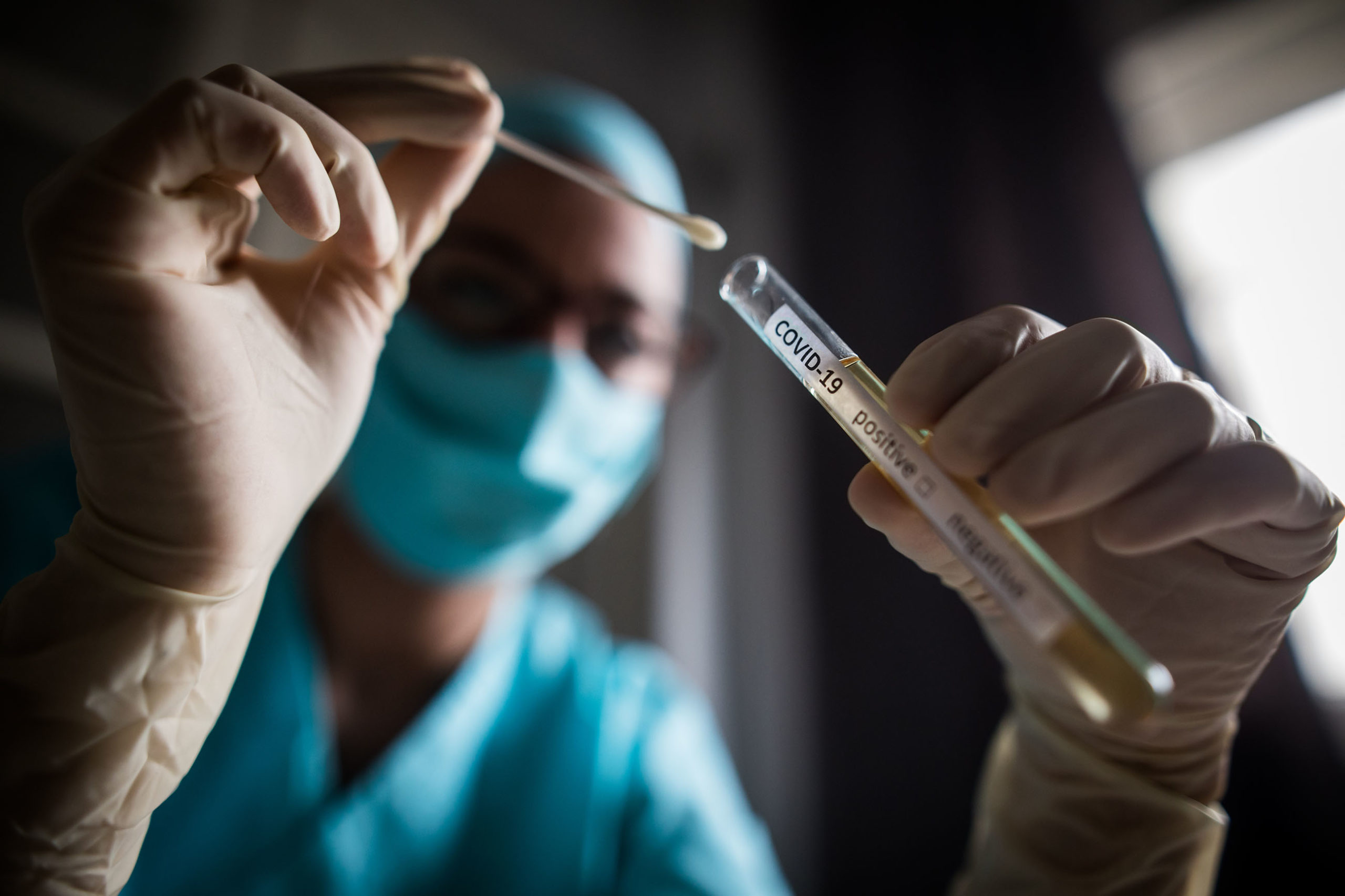Now that Covid-19 has officially become an established health issue, and no longer a public health emergency of international concern, this is an important time to act, learn lessons and collate knowledge gained from our experiences. Together with 50 researchers from 25 countries, across six continents from Ghana to Guatemala, Brazil to Bulgaria, we have identified the key lessons from their local areas to produce a People’s Agenda for Pandemic Preparedness.
From these contributions we have analysed the needs, approaches and knowledge of different countries and gathered together thoughts and research from across the globe. Remarkably, there are many similarities in the messages people contributed, with a focus on protecting and supporting the most vulnerable, the need to support people to recover their livelihoods, their mental and physical health and for young people to be able to regain the path they were taking pre-pandemic.
While lives lost to Covid-19 continue to mount, health, livelihood and wellbeing impacts are becoming an increasing focus and we asked people to contribute from around the world, what is needed now in their contexts to recover during this period.
Preparedness plans were not at their most effective before Covid-19, especially when accounting for the needs of the most vulnerable in society, and its therefore important to learn from these shared lessons to improve preparedness around the globe for the next pandemic.
Key lessons to learn
Four resounding lessons emerged from across the world that were at the root of many of the issues raised, including resolving systemic issues, ensuring the most vulnerable are supported, increasing community involvement and using innovative ideas for the future.
1. Resolving systemic issues
The research highlighted that there are economic, social, political and health impacts beyond that caused by the virus, and these were unequally distributed across the world and have been either exacerbated or abated by the policies of individual countries and regions. Key areas for countries to focus on for the future include:
- Economic recovery and support for people who lost their livelihoods.
- Health system strengthening for both mental and physical health.
- A return to normality: Covid-19 marked a period of increased military presence and violent enforcement in some places and now people need a return to normality and usual freedoms.
2. Ensuring that the most vulnerable are supported
The Covid-19 pandemic has disproportionately affected vulnerable and marginalised populations, including those experiencing poverty and people with disabilities. They were less able to adapt, had less of a safety net available to them and the informal sector suffered greatly as this work could not be moved online. Particular areas highlighted in the People’s Agenda for Pandemic Preparedness include:
- Increased support for vulnerable, marginalised and people with disabilities who often had issues accessing assistance.
- Support for children and young people whose life path was derailed by the pandemic.
- Increased social protection: livelihood recovery and sustainability was often compromised by lack of sufficient and effective social protection measures.
3. Working with and involving communities for a more effective response
Increased community involvement and localisation of response was suggested by most researchers based on their research with communities. Meaningful community engagement and collaborations play an essential role in promoting social justice and resilient livelihoods since they facilitate an understanding of community needs and concerns to ensure that responses are inclusive, effective and equitable. The key lessons from this are:
- Increased community involvement. We need a ‘human-centred approach’ where people are at the centre of our actions.
- Less forceful restrictions, less police and military involvement. Coercive government responses to epidemics lead to resentment and mistrust.
- Better communication with the public: Local level communication channels like social networks of local councils and VHTs, community radios and door-to-door communication were found to be more trusted and effective.
4. Innovative ideas for the future
Several innovative ideas were suggested time and time again during this research. These include:
- Increased use of technology as many examples of proven successes: Technology and digital literacy were identified as one of the best means of equalisation. Ensuring access to technologies for all of society, including vulnerable, marginalised and rural populations will enhance the ability of individuals to access not only information but also necessary goods and services, including schooling. During the pandemic, technology was used for people to keep in touch, communicate and access support and services. Additionally, the majority of low-income students were impacted disproportionally by a lack of access to technology, and they were left behind in the whole educational process. We can start now to equalise access to technology so all populations can benefit from the support it brings during pandemic restrictions.
- Greater interdisciplinarity in policy and different groups working together for a coordinated response: Lots of research suggested a need for greater multi-sector and interdisciplinary working to allow for a more coordinated approach. Many issues were created by different sectors working in siloes. This embracing of an interdisciplinary approach should include local and indigenous knowledges which offer vital insights, as well as lessons learned from living with and managing multiple intersecting crises. Increasing interdisciplinary working during this post-emergency period will mean the world is better prepared in future.
- Greater investment in research and planning for the future: Governments and international organisations should increase funding for pandemic preparedness, including research and development, public health infrastructure, and emergency response systems. By providing greater funding, the world will be more prepared for future outbreaks.
Despite multiple reports on Covid-19, not all of the knowledge gained about the impact of different pandemic response policies has been published. Therefore, by gathering information from the researchers who contacted us, we can help to ensure that this learning is not lost, and is collected together to provide evidence for the next pandemic.
Preparing for the future
While the WHO has declared that Covid-19 no longer represents a “global health emergency” they also warned that “the worst thing any country can do now is to use this news as a reason to let down its guard, to dismantle the systems it has built, or to send the message to its people that Covid-19 is nothing to worry about” (Dr Tedros Adhanom Ghebreyesus, 4th May 2023).
The many experiences we have collected, along with further pandemic preparedness research from IDS and partners, can help guard against complacency. It provides essential evidence for the next pandemics, improve preparedness plans and enable learning about which policy decisions were successful and how to improve in future.
The future of pandemics is uncertain but we can plan for uncertainty by building our capacity for developing appropriate solutions and ensuring countries and institutions work together to share diverse perspectives and develop solutions based on mutual learning and knowledge.



